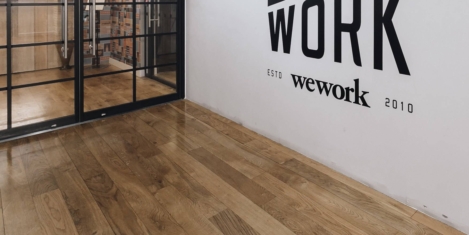February 2, 2016
Flexible working is now a requirement for many job seekers, claims report 0
 Employees are increasingly keen to find jobs that offer them flexible working, according to a new study of the global labour market published by recruitment firm Indeed. The report also found that several of the world’s largest economies, including the US, Germany and Canada are suffering because low wages and lack of skills mean employers are unable to find the right people to hire. According to the report, Labor Market Outlook 2016: Uncovering the Causes of Global Jobs Mismatch, interest in jobs that offer some form of flexible working as measured by online job searches that include terms such as “remote”, “work from home” and “telecommute”has increased by 42.1 percent over the last two years in nine of the 12 countries studied. More than half of the top 50 keywords associated with searches for flexible work globally were related to high-skilled jobs, many in the tech sectors.
Employees are increasingly keen to find jobs that offer them flexible working, according to a new study of the global labour market published by recruitment firm Indeed. The report also found that several of the world’s largest economies, including the US, Germany and Canada are suffering because low wages and lack of skills mean employers are unable to find the right people to hire. According to the report, Labor Market Outlook 2016: Uncovering the Causes of Global Jobs Mismatch, interest in jobs that offer some form of flexible working as measured by online job searches that include terms such as “remote”, “work from home” and “telecommute”has increased by 42.1 percent over the last two years in nine of the 12 countries studied. More than half of the top 50 keywords associated with searches for flexible work globally were related to high-skilled jobs, many in the tech sectors.





































October 28, 2015
What Shakespeare’s Henry V can teach us about flexible working
by Julia Johnston • Comment, Facilities management, Flexible working
Why are so many of us preoccupied with the status that having an office brings? They say it’s lonely at the top. Well, that loneliness often starts with the social exclusion of being in an office. Why would you not want to be in with the in-crowd, to be with your own team of people and the go-getters who are making a difference to your organisation? Why not be where the action is at the working coalface of your organisation? Stuck in your office, you can feel like a kid in the corner of the playground, wondering what the others are whispering about. Some of us want an office because we believe it shows our peers that we have made it; that we have reached the upper echelons of our corporate management structure and become an acknowledged achiever. We want an office so that we can preen to others, but that doesn’t automatically make for better managers, leaders or companies.
(more…)